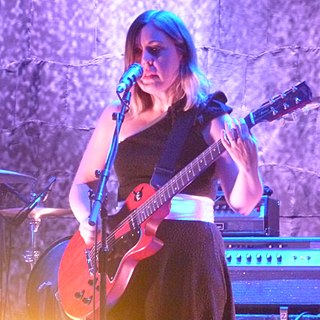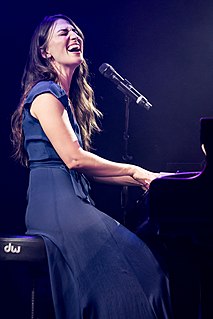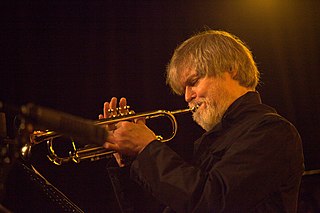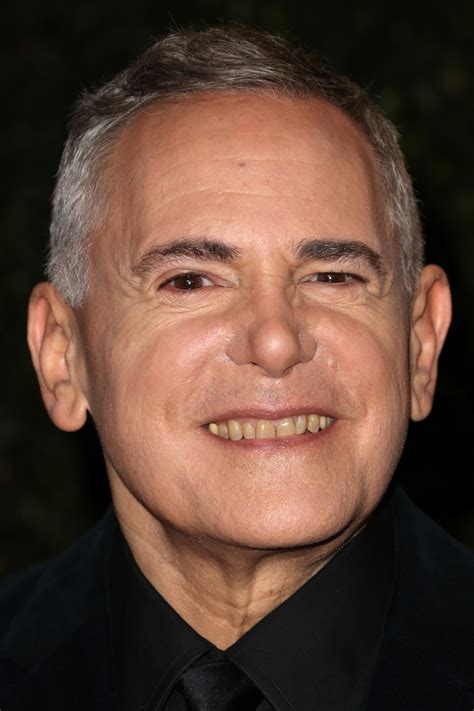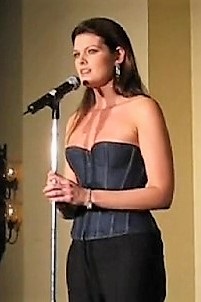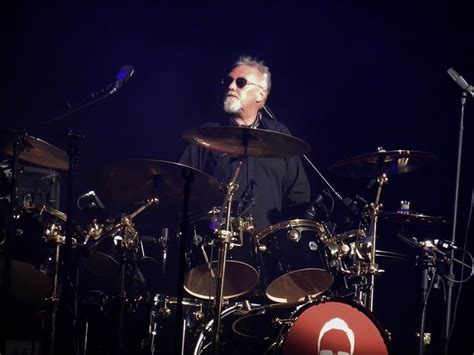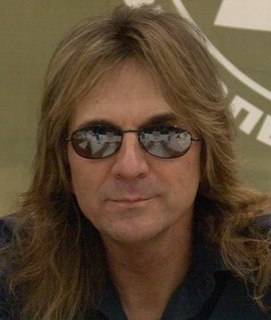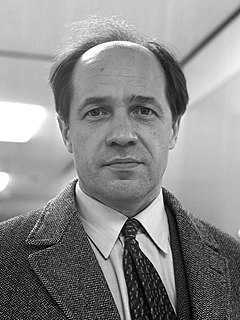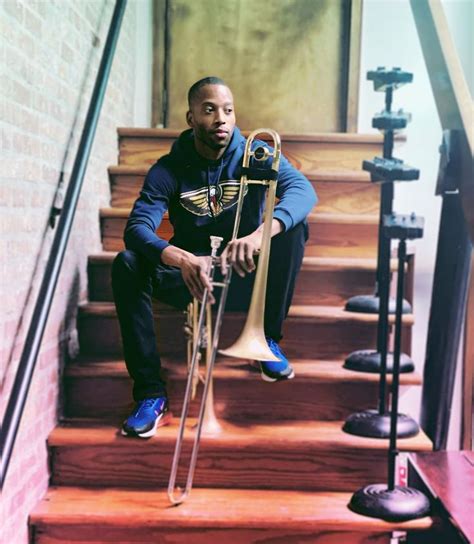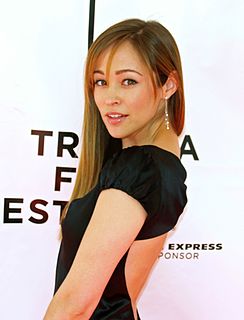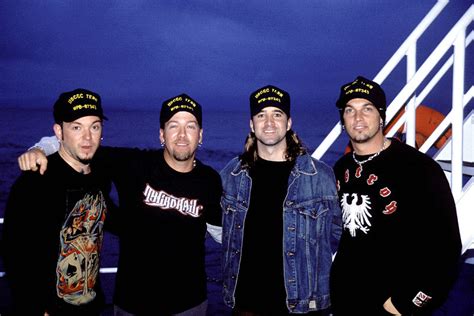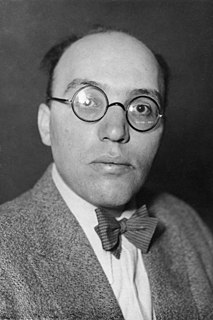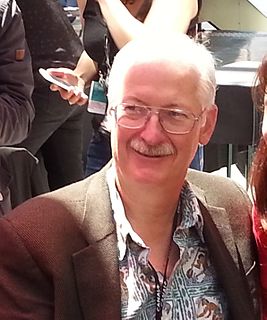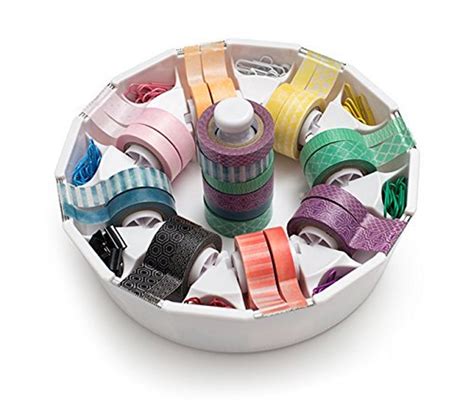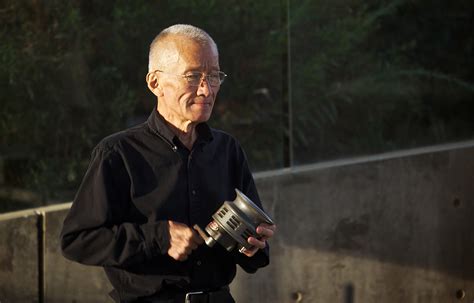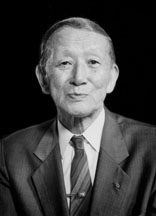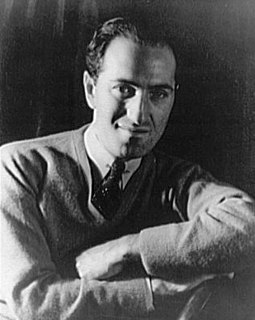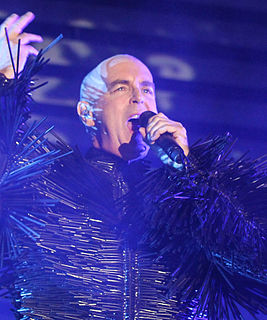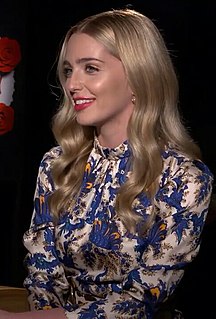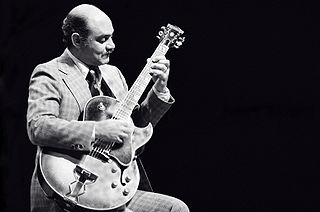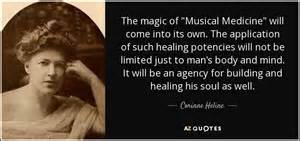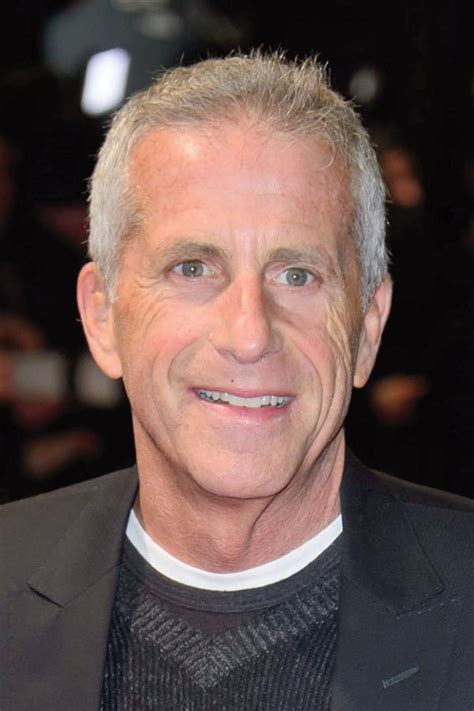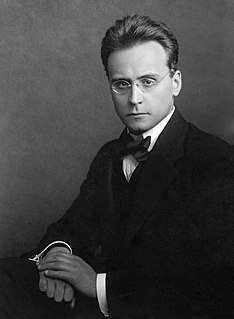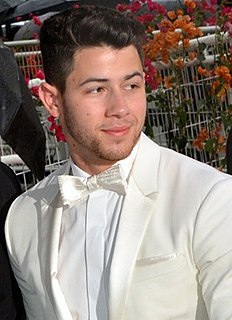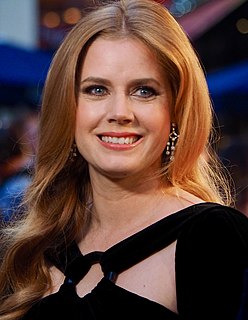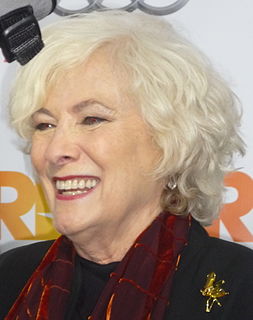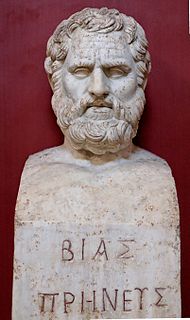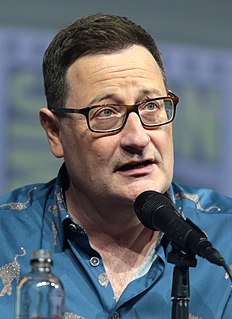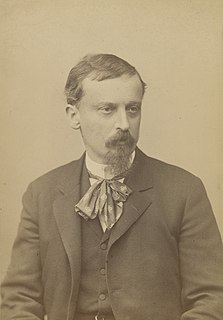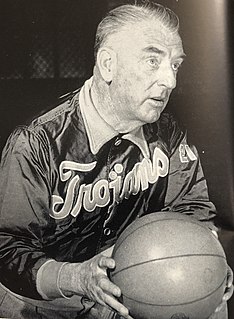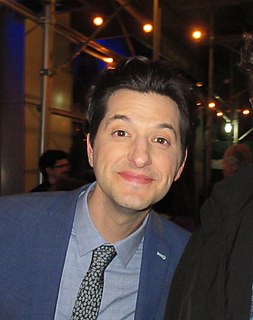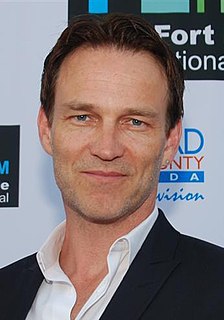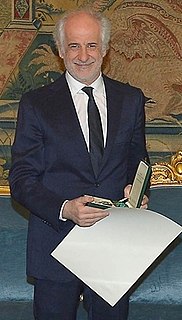Top 1200 Wicked The Musical Quotes & Sayings - Page 4
Explore popular Wicked The Musical quotes.
Last updated on April 21, 2025.
I'm somebody who grew up listening to a lot of musical theater, so getting to finally write musical theater songs and songs that sound that way - the emphasis being on the storytelling, but the arrangements and the orchestrations can be really varied - I found that to be, actually, a really joyful discovery.
I'm not a musical theatre person, and I never will be, especially after seeing the way it operates. It's so incredibly inefficient. It takes three weeks to effect a change. It can be a lighting change, a script change, a musical change - you have to meet with six different departments, and about a month later, it may happen.
Why compose works that have to be re-created every time they are performed? Because definitive, once-and-for-all developments seem no longer appropriate to musical thought as it is today, or to the actual state that we have reached in the evolution of musical technique, which is increasingly concerned with the investigation of a relative world, a permanent 'discovering' rather like the state of 'permanent revolution'.
As soon as I was born, my mom said I was humming 'When the Saints Go Marching In,' or something like that, you know? It's in the family. And in that neighborhood [Treme, in New Orleans], I think everybody in the neighborhood has some type of musical influence, even if they don't play instruments or anything. It's the way they talk to you, the way they say your name - it's all musical.
I was at a school in England, a prep school, from the ages of 8 and 13. And every play they did was a musical. Parents love musicals. And I don't sing. It was driving me crazy. 'We're doing 'Macbeth.' 'Yes!' 'The musical!' And I was always in the chorus, because of course, in all the main parts, you had to be able to sing.
CSPS is a breath of musical fresh air. With a whale sized hooks and neck wrenching riffs you’ll have more than you need to fall head first into this band’s fanbase. Take a listen and see what all the fuss is about. I’m sure that if the bone tight rhythm section doesn’t lock you in, the finely spun lyric and melody will surely ensnare even the pickiest of musical palette.
Growing up in the Libya of the 1970s, I remember the prevalence of local bands who were as much influenced by Arabic musical traditions as by the Rolling Stones or the Beatles. But the project of 'Arabisation' soon got to them, too, and western musical instruments were declared forbidden as 'instruments of imperialism.'
We wanted a musical number that would capture the exhilaration of being out on a boat as they were and sailing with the stars and all that. So that's the origin of We Know the Way. From very early on we said, for an audience that doesn't know this, what we need a song that can really have the kind of sweep and the, you know, pull you in. So that was early on, we conceived of like that should be a musical moment [in Maona].
When I was younger, I definitely thought musical theater was sort of more pure than film. I used to say I'd never go to film because we had to get it right the first time in musical theater. But then, of course, I started doing film and realized I loved it. Keep in mind that I was 8 years old when I said that.
I think it's silly when people try compartmentalize musical genres. That was always my problem with the chillwave thing - people were trying to make it into some kind of musical movement, when it was not a movement. A couple dudes had a couple songs for a couple months. It's going to be a disparate onslaught of people throwing ideas at the wall.
If someone said, "Here, you have your pick, you can do either a musical, Moulin Rouge type of movie, where you sing and dance, or an action movie, or a Shakespearian or Elizabethan movie," I would definitely love to do a movie that was based on a musical, where I would get to sing, dance and act, all at the same time.
I was at a school in England, a prep school, from the ages of 8 and 13. And every play they did was a musical. Parents love musicals. And I don't sing. It was driving me crazy. 'We're doing 'Macbeth.'' 'Yes!' 'The musical!' And I was always in the chorus, because of course, in all the main parts, you had to be able to sing.
Modern European composers...have very largely received their stimulus, their rhythms and impulses from Machine Age America. They have a much older tradition of musical technique which has helped them put into musical terms a little more clearly the thoughts that originated here. They can express themselves more glibly.
It is imperative to exercise over big business a control and supervision which is unnecessary as regards small business. All business must be conducted under the law, and all business men, big or little, must act justly. But a wicked big interest is necessarily more dangerous to the community than a wicked little interest. 'Big business' in the past has been responsible for much of the special privilege which must be unsparingly cut out of our national life.
Architecture produces a musical mood in our inner being, and we notice that even though the elements of architecture and music appear to be so alien in the outer world, through this musical mood engendered in us, our experience of architecture brings about a reconciliation, a balance between these two elements.
You can't think and play. If you think about what you're playing the playing becomes stilted. You have to just focus on the music I feel, concenctrate on the music, focus on what you're playing and let the playing come out. Once you start thinking about doing this or doing that, it's not good. What you are doing is like a language. You have a whole collection of musical ideas and thoughts that you've accumulated through your musical history plus all the musical history of the whole world and it's all in your subconscious and you draw upon it when you play
The famous Greek physician Hippocrates administered musical treatments to his patients in 400 B.C. Although this type of treatment did not originate with him, it found in him an exponent of the highest order. With the increasing materialism of Western civilization, the major tenants of ancient musical therapy have been either forgotten or discarded.
The Ultimate Rule ought to be: 'If it sounds GOOD to you, it's bitchin'; if it sounds BAD to YOU, it's shitty. The more your musical experience, the easier it is to define for yourself what you like and what you don't like. American radio listeners, raised on a diet of _____ (fill in the blank), have experienced a musical universe so small they cannot begin to know what they like.
I felt like my favorite writers have almost musical hooks in their work, whether it's poetry or a hook at the end of a chapter that makes you want to read the next one. And I think that my favorite writers definitely have something musical about what they do, in saying something so relatable and universal and so simple.
The challenge in any musical is unifying all the moving parts of it, in particular a movie musical because now you're adding the camera and you're adding the idea of adaptation. So the challenge is to stay as true as you can to the material that you love and yet not be afraid to step outside of it and introduce elements into it that make it exist in a satisfying, exciting way cinematically.
My real musical discovery started when I was 10 with Stevie Wonder and the Jackson 5, and acts that I connected with because they were young when they were doing it, like me. Then I kind of came into my own a couple of years later; I found new artists that shaped my musical landscape. For instance, Kings of Leon played a big part in that.
No one expects a Broadway musical comedy to be in the vanguard of what is bohemian, raunchy, folkloric, academic or aggressively experimental. That is not its job. Its job is to synthesize musical and social traditions with high-styled vivacity, especially those that dwell on different sides of the tracks in real life. The highbrow meets the lowbrow; sweet meets hot; uptown, downtown, all around the town.
When a man acts in ways that annoy us we wish to think him wicked, and we refuse to face the fact that his annoying behavior is the result of antecedent causes which, if you follow them long enough, will take you beyond the moment of his birth, and therefore to events for which he cannot be held responsible by any stretch of imagination... When a motorcar fails to start, we do not attribute its annoying behavior to sin, we do not say, you are a wicked motorcar, and you shall not have any more gasoline until you go.
It is fruitless to search for a single musical style, or even any blend of musical styles, that can assist all Christians with true worship. The followers of Jesus are a far too diverse group of people-which is exactly as it should be. We need, rather, to welcome any worship music that helps churches produce disciples of Jesus Christ.
The one dream I have is to do a musical. I love singing, but most people don't know because I don't sell myself as a musical person. My dream is to play Audrey in 'Little Shop of Horrors' - it would be so interesting to have an Asian Audrey because it's all about achieving the American dream in a sinister, success-driven way.
My embarrassing confession is that my father is a 'Camelot: The Musical' obsessive. So as a child, when we were going to visit relatives on the weekend, whenever we were driving back on these three-hour drives, he would be playing the musical soundtrack on repeat, on the cassette in our car, to the extent that we begged him never to play it again.
Tell me,' asked Stas, 'what is a wicked deed?' 'If anyone takes away Kali's cow,' he answered after a brief reflection, 'that then is a wicked deed.' 'Excellent!' exclaimed Stas, 'and what is a good one?' This time the answer came without any reflection: 'If Kali takes away the cow of somebody else, that is a good deed.' Stas was too young to perceive that similar views of evil and good deeds were enunciated in Europe not only by politicians but by whole nations.
When I was 4, my parents took me to see a musical, and I was like, 'I want to do that!' I started doing all sorts of musical camps and a lot of professional theater. I took dance classes for 10 years, too - I was never the most amazing kid in the other classes, but tap stuck with me for some reason.
All musical talent is absent in me, to the point of being unable to play board games that require you to hum a tune while others guess what it is, since all my humming sounds the same. Musical instruments have always seemed like alien artifacts to me, even as I really admire anyone who can play one.
My feeling about young people who want to pursue a career is - the first thing is do your homework on where it all started. Go back and look at history. Look at why the shows you are loving today happened and the artists you are listening to happened. And do your homework on history. Whether it's musical movies, musical plays, Broadway musical recordings - do your homework! And then, that way you will have an understanding of why, now, certain movies, certain plays, certain musicals are making some sort of sense.
I did a lot of musicals when I was young and finally went to drama school to try and get away from doing musicals... and of course the first thing that happened when I got out is I got offered a musical. And then when I got to the Royal Shakespeare Company, which was my next job, I ended up doing a bloody musical!
